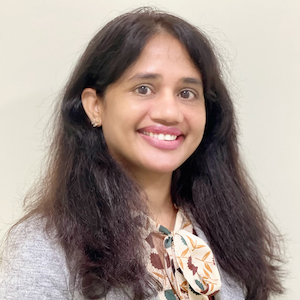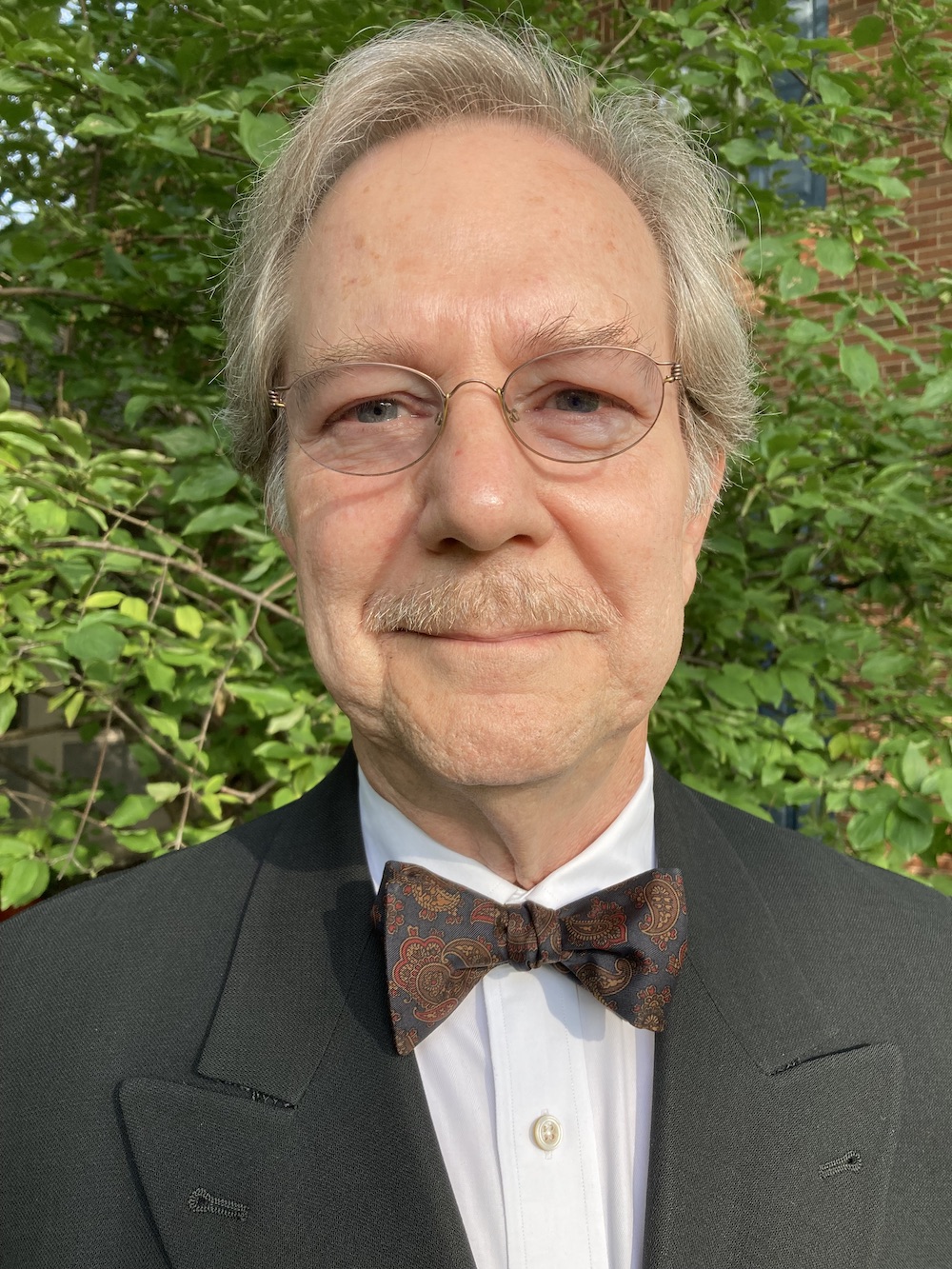Accelerated Program
AUSOM’s Accelerated Medical Program is designed to give students an opportunity to fully grasp the basic science coursework in five semesters. The final semester of the basic sciences is the MD5 semester, which is the “board preparatory” semester that will prepare students for the USMLE Step 1. Upon passing the USMLE Step 1, students will begin their clinical rotations.

Academic Requirements: (Both of the requirements below must be met in order to be eligible for the Accelerated program)
- Bachelor’s degree, or, a minimum of 90 credit hours completed at the premedical/undergraduate level (with mandatory prerequisites completed), and,
- Minimum MCAT score of 480 (For both the bachelor’s degree and MCAT score, they should be achieved within the last three years.
- If you do not meet the requirements listed above, please refer to our Regular Medical Program
“As the Dean of Basic sciences, it is my great pleasure and privilege to welcome you to Avalon University School of Medicine. Our philosophy is to prepare our graduates to become well-rounded physicians dedicated to serving communities with great compassion and care for others.”
MD1
| Course Name | Didactic lectures and/ or small group discussions | Lab Hours | Credit Hours |
|---|---|---|---|
| Human, Structure & Function 1 (HSF001) | 6 | 8 | 10 |
| Molecular Basis of Medicine 1 (MBM001) | 4 | 1 | 4.5 |
| Medical Ethics & Clinical Skills 1 (CS0001) | 4 (including lab work) | 4 | |
| Epidemiology & Biostatistics (EPI001) | 3 | NA | 3 |
| Problem-Based Learning 1 (PBL001) | 2 | NA | 1 |
MD2
| Course Name | Didactic lectures and/ or small group discussions | Lab Hours | Credit Hours |
|---|---|---|---|
| Human, Structure & Function 2 (HSF002) | 6 | 6 | 9 |
| Molecular Basis of Medicine 2 (MBM002) | 4 | 1 | 4.5 |
| Mind, Brain & Behavior 1 (MBB001) | 4 | 1 | 4.5 |
| Clinical Skills 2 (CS0002) | 4 (including lab work) | 4 | |
| Problem – Based Learning 2 (PBL002) | 2 | NA | 1 |
| EBM* & ICR* – 1 (EBM001) | 1 | NA | 1 |
*EBM – Evidence-Based Medicine, *ICR – Introduction to Clinical Research
MD3
| Course Name | Didactic lectures and/ or small group discussions | Lab Hours | Credit Hours |
|---|---|---|---|
| Diseases, Immunity & Therapeutics 1 (DIT001) | 12 | 2 | 13 |
| Mind, Brain & Behavior 2 (MBB002) | 4 | 1 | 4.5 |
| Clinical Skills 3 (CS0003) | 4 (Including lab works) | 4 | |
| Problem-Based Learning 3 (PBL003) | 2 | NA | 1 |
| EBM* & ICR* – 2 (EBM002) | 1 | NA | 1 |
*EBM – Evidence-Based Medicine, *ICR – Introduction to Clinical Research
MD4
| Course Name | Didactic lectures and/ or small group discussions | Lab Hours | Credit Hours |
|---|---|---|---|
| Diseases, Immunity & Therapeutics 2 (DIT002) | 14 | 2 | 15 |
| EBM* & ICR* – 3 (EBM003) | 2 | NA | 2 |
| Clinical Skills 4 (CS0004) | 4 (including lab work) | 4 | |
| Problem – Based Learning 4 (PBL004) | 2 | NA | 1 |
*EBM – Evidence-Based Medicine, *ICR – Introduction to Clinical Research
Fifth Semester (MD5)
MD5
The Fifth Semester is the final semester of the basic sciences, and is the “bridge” semester between the basic and clinical sciences. The Fifth Semester offers the course, Comprehensive Basic Science Review, which consists of board preparatory material. During the Fifth Semester, students will solely study for their first medical licensing exam, the United States Medical Licensing Exam (USMLE) Step 1. Once a student passes the USMLE Step 1, they will be eligible to begin clinical rotations.
| Course Name | Didactic lectures and/ or small group discussions | Lab Hours | Credit Hours |
|---|---|---|---|
| Comprehensive Review Course of Basic sciences |
Total of 285 contact hours |
19 | |
| Getting into Residency (GIR) | 2 |
Introduction to Clinical Medicine (ICM) – 6 Weeks
Before a student begins their clinical rotations, they will be required to complete a 6 week ICM course. This course will be conducted at the site of where the student will be completing their clinical rotations. ICM is designed to help prepare students on the basic clinical skills required to understand during their clinical rotations, and this course will be taught by an Avalon preceptor.
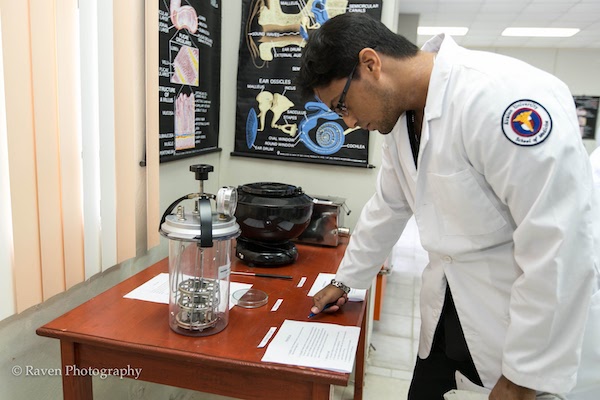
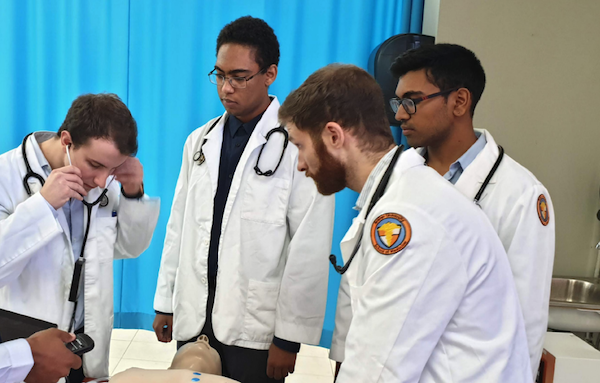
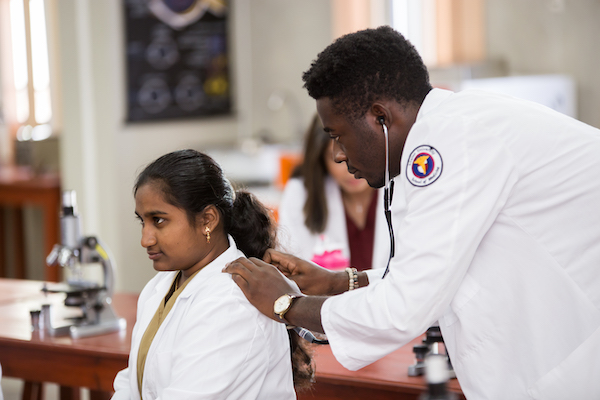
Clinical Science
“The most exciting phase of training to be a physician is the integration of Basic Science knowledge into clinical practice. We are preparing graduates who possess personal qualities, professional skills and ethical standards that improve patient outcomes. Always keep the patients’ interest above your own and satisfy the needs of the community with increasingly diverse populations.”
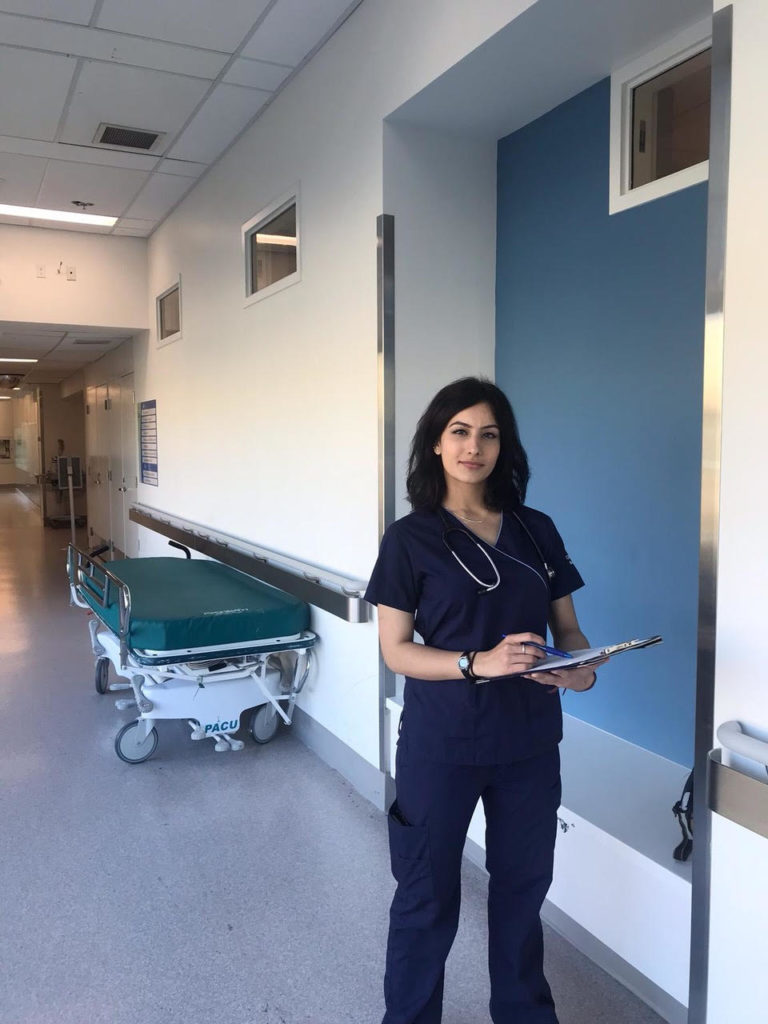
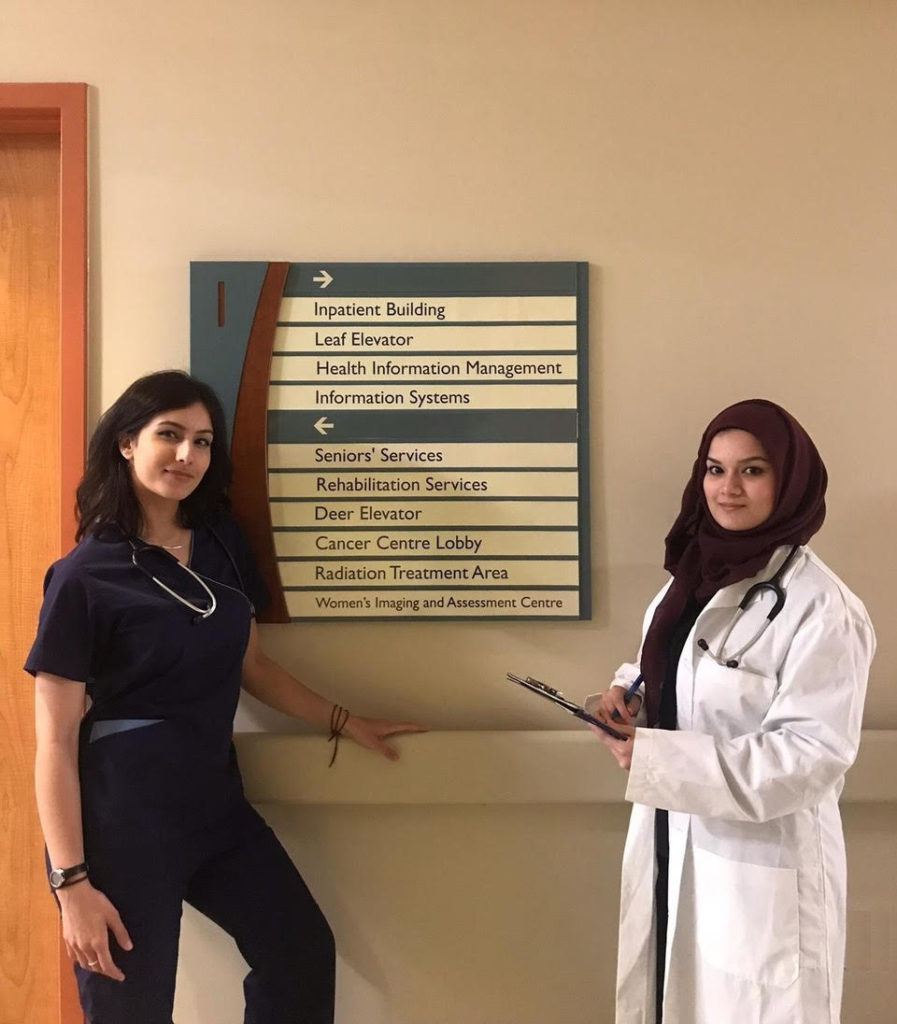
CM1 – CM6 ( 72 Weeks )
Avalon University School of Medicine’s clinical science program is designed for students to apply their basic science knowledge in a hospital setting under the direct supervision of our faculty physicians. Students participate in 48 weeks of required Core rotations and 24 weeks of Elective rotations. With hands-on training and patient interaction, students will build upon their medical knowledge and strengthen their clinical skills. The clinical science program is an exciting experience, and Avalon students are expected to exhibit professionalism, maturity, compassion, and responsibility.
We have established hospital affiliations with ACGME-approved teaching hospitals across the United States located in Beckley, WV, Chicago, IL, and Phoenix, AZ. The Core rotation requirements are listed below. The 24 weeks of Elective rotations are chosen by the student and will provide experience in specialities or care settings you’re considering for residency. Avalon offers a wide variety of Elective rotations which will allow them to gain experience in different specialities.
Third-year medical students are required to complete core clerkships in the following areas:
CORE Rotations (48 Weeks)
| CORE ROTATION | DURATION |
|---|---|
| Internal Medicine (IM) | 12 Weeks |
| Surgery (SURG) | 12 Weeks |
| Pediatrics (PEDS) | 6 Weeks |
| Family Medicine (FM) | 6 Weeks |
| Psychiatry (PSYCH) | 6 Weeks |
| Obstetrics & Gynecology (OBGYN) | 6 Weeks |
Some rotation sites may be subject to an additional surcharge (due to site-specific direct expenses)
Fourth-year medical students must complete 24 weeks of electives of their choice. Some available electives include:
Elective rotations (24 weeks)
| Anesthesiology | Cardiology |
| Child Psychiatry | Dermatology |
| Emergency Medicine | Endocrinology |
| ENT / Plastic Surgery | Gastroenterology |
| Geriatrics | Hematology / Oncology |
| Infectious Disease | Medical Education |
| Nephrology | Neurology |
| Urology | Opthalmology |
| Orthopedic Wound Care | Pulmonology |

